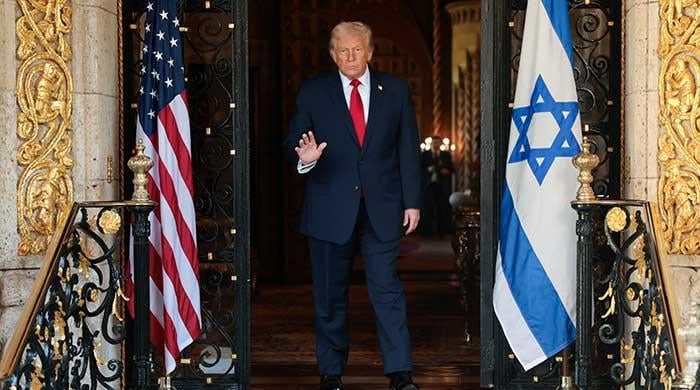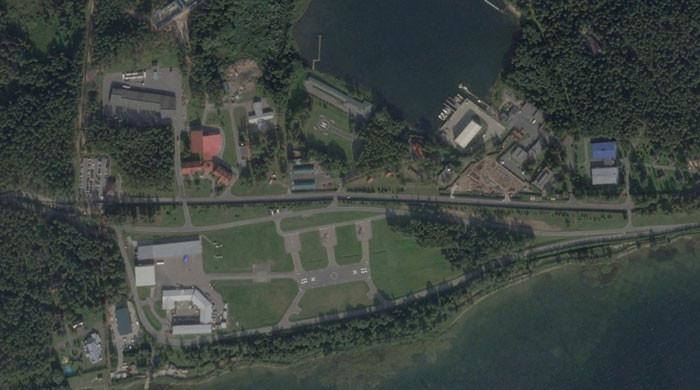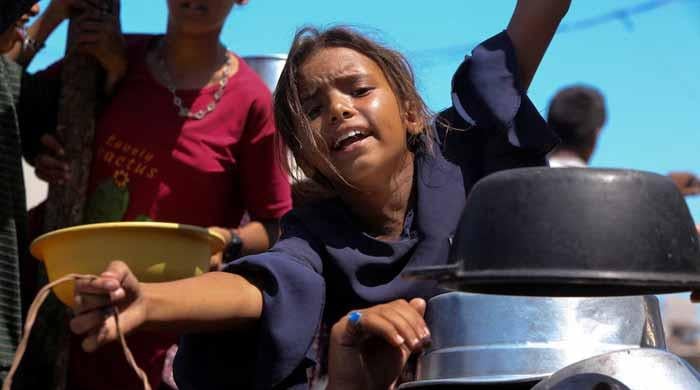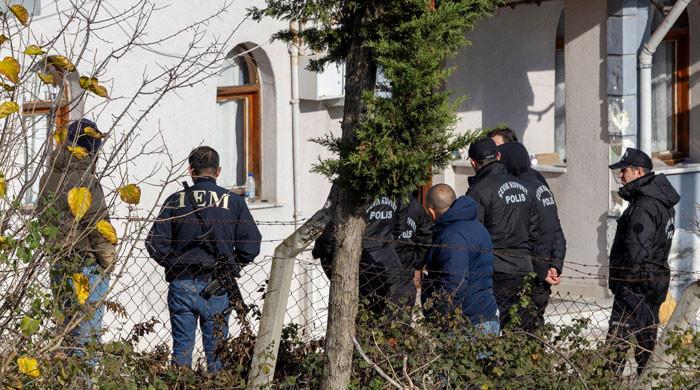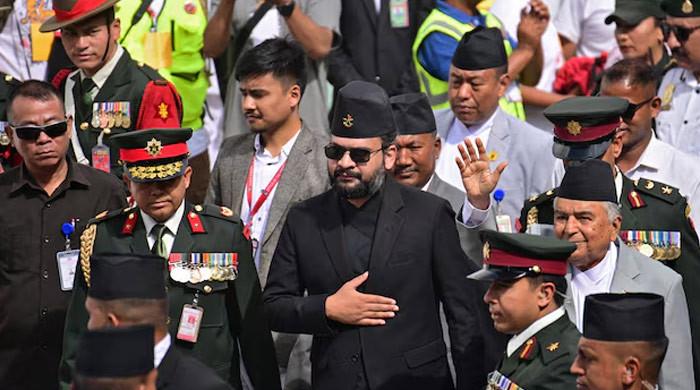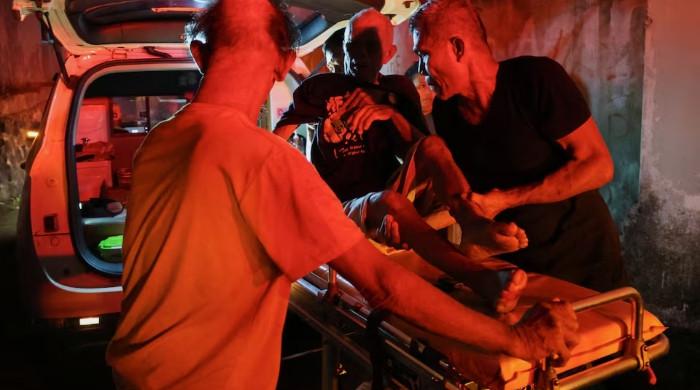NewsClick Baited: India raids journalists, others over China funding, nexus claims
Coordinated raids at 30 locations mark one of the most extensive operations against India's media in recent years
October 03, 2023
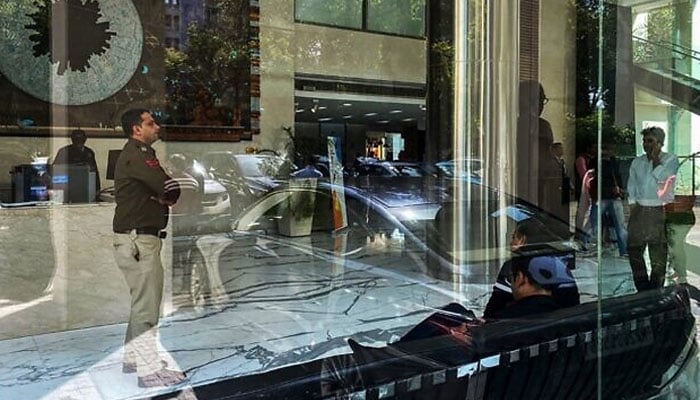
Police in the Indian capital, Delhi, conducted raids on Tuesday morning at the homes of several prominent journalists and authors in connection with an investigation into the funding of the news website NewsClick.
Despite allegations of receiving illegal funds from China, NewsClick vehemently denies these charges. The raids, which have raised concerns about press freedom, involved the seizure of mobile phones and laptops from those targeted.
NewsClick, established in 2009, is an independent news and current affairs website known for its critical stance towards the government. In 2021, it faced a raid by tax authorities over allegations of violating India's foreign direct investment rules.
Tuesday's coordinated raids at 30 locations mark one of the most extensive operations against India's media in recent years, prompting opposition leaders to criticise it as a "fresh attack on the media" by the Bharatiya Janta Party (BJP) government.
Information and Broadcasting Minister Anurag Thakur has denied government involvement in the raids, asserting that investigative agencies were simply doing their job.
The individuals targeted in the raids include NewsClick editor Prabir Purkayastha, journalists Abhisar Sharma, Paranjoy Guha Thakurta, Aunindyo Chakravarty, Bhasha Singh, satirist Sanjay Rajoura, and historian Sohail Hashmi. Some of them have been taken to police stations for questioning, and searches were also conducted at NewsClick's office in Delhi. In Mumbai, activist Teesta Setalvad's house was searched; she has long advocated for victims of the 2002 Gujarat riots and has criticised the government in her articles for Newsclick.
The raids were carried out without warrants, and those targeted were questioned for several hours, with electronic devices being confiscated. The police claimed that Sanjay Rajoura, while not directly named in the investigation, would be interrogated due to his association with the website. However, no copy of the police complaint was provided.
The police have not yet commented on the raids, and Delhi Police spokesperson Suman Nalwa declined to provide details.
These raids are reportedly related to a case filed against NewsClick in August following a New York Times report alleging that the website had received funds from an American millionaire to spread "Chinese propaganda." The case was registered under UAPA, an anti-terror law that makes obtaining bail nearly impossible, which NewsClick vehemently denies.
All individuals raided have had associations with NewsClick, whether as employees or freelance contributors. Prabir Purkayastha, the founder and editor-in-chief, is also an author and science activist. Bhasha Singh is an activist and journalist known for her reporting on manual scavenging and farmers' suicides.
Abhisar Sharma is a well-known video journalist with a significant online following. Sanjay Rajoura is a popular stand-up comedian known for his political satire, and Sohail Hashmi is a historian and filmmaker.
The raids have sparked outrage in the country, with journalist associations and news organisations criticising them as part of a pattern of government behaviour targeting media outlets critical of the government.
India's press freedom has come under scrutiny, with concerns raised about the increasing number of investigations into media outlets for alleged financial impropriety since Prime Minister Narendra Modi came to power in 2014.
In this climate, India's press freedom ranking has deteriorated, according to Reporters Without Borders, placing the country at 161st place, classified as "very bad." This decline is concerning and puts India in a category comparable to countries like Tajikistan and Turkey in terms of press freedom.




